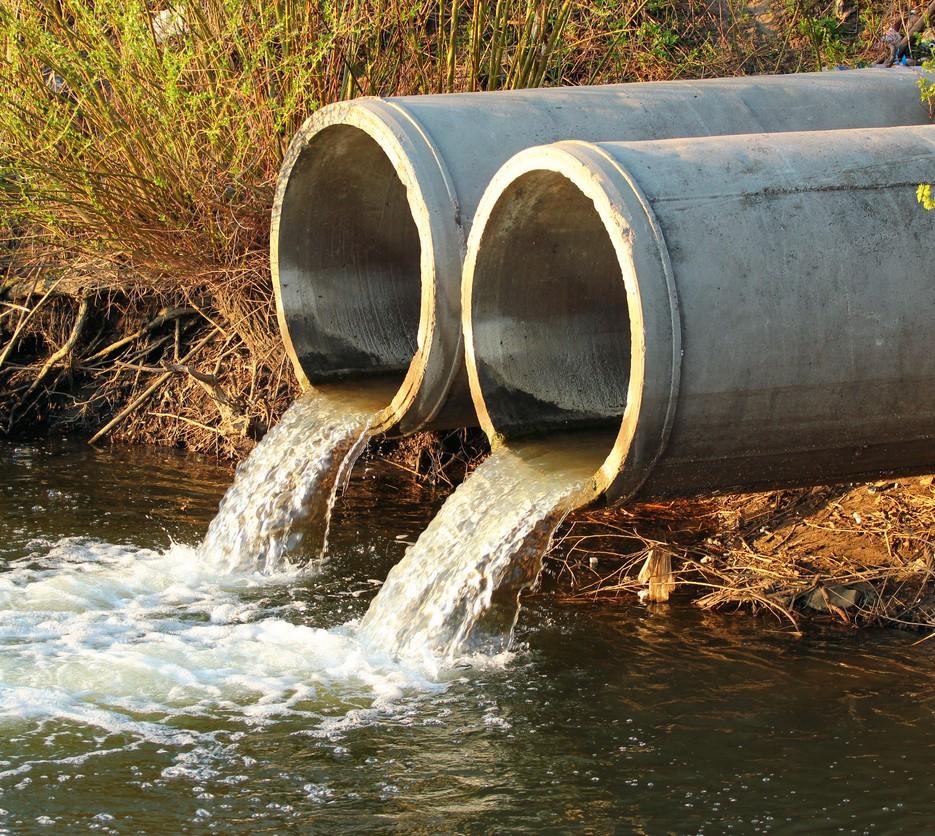A group of world leaders and experts is urging nations to take more steps to address antimicrobial pollution.
In a document released yesterday, the Global Leaders Group on Antimicrobial Resistance (AMR) called on countries to improve the management of antimicrobial discharges into the environment from manufacturing sites, farms, hospitals, and other sources. The group, which was formed in 2020 to provide political leadership and advocacy on efforts to address drug resistance in humans, animals, and the environment, warned that these discharges are contaminating the environment and contributing to the spread of AMR.
They also warned that climate change, and a rise in severe weather events that may lead to flooding that overwhelms sewage treatment plants, could exacerbate the spread of drug-resistant infections, which caused an estimated 1.27 million global deaths in 2019.
"The connections between antimicrobial resistance, environmental health, and the climate crisis are becoming increasingly stark," Mia Amor Mottley, Prime Minister of Barbados and co-chair of the group, said in a press release. "We must act now to protect the environment, and people everywhere, from the damaging effects of antimicrobial pollution."
Sources of antimicrobial pollution
The Call to Action was released in conjunction with a summary report from the United Nations Environment Programme that examines the environmental dimensions of antimicrobial pollution and lays out the types and origins of pollutants that exacerbate AMR in the environment. The full report is expected later this year.
According to the report, the five major sources of antimicrobial pollution in the environment include effluent and waste from pharmaceutical manufacturing, untreated or inadequately treated human waste, effluent and waste from healthcare facilities, use of antimicrobials and manure from antimicrobial-treated animals in crop production, and effluent and waste from farms and aquaculture.
While pharmaceutical factories pollute the environment by releasing antimicrobial residues directly into waterways, the other sources release a mixture of biologic and chemical contaminants that contains resistant microbes, AMR genes, and residues from unmetabolized antimicrobials. Combined, these pollutants can create selective pressure that enriches AMR and promotes the spread of drug-resistant organisms in the environment, which can in turn harm human and animal health.
"Pollution containing antimicrobial agents (e.g. waste streams from households, hospitals, agricultural, and chemical manufacturing) disrupts the microbial composition of environmental media and affects biodiversity and ecosystem services," the summary report states. "Water, soil, and air then serve as vehicles for spreading antimicrobial resistant microbes between and among people, animals, and other environmental reservoirs."
The report notes that further research is needed to determine the scale of the problem and the magnitude of the impact that antimicrobial pollution has on AMR. But there is a growing body of evidence that biologic and chemical pollutants in the environment can influence the development, spread, and transmission of resistant organisms.
For example, studies conducted in India—a global hub of antibiotic manufacturing—have found high concentrations of antibiotics in waterways near antibiotic manufacturing zones, and some research suggests a link between the antimicrobial residues and high levels of resistance genes in those waterways. Concern about the environmental impact of antibiotic production has prompted national and international initiatives to address the issue.
Other studies have analyzed the prevalence of resistance genes in sewage water and examined wastewater treatment plants as potential "hot spots" for the horizontal transfer of resistance genes between bacteria.
Bolstering oversight, national standards
To help tackle the problem, the Global Leaders Group on AMR calls on countries to strengthen governance and oversight of antimicrobial pollution. The group recommends developing and implementing regulatory frameworks, guidelines, and standards that establish safe levels of antimicrobials, resistant microbes, and AMR genes that can released into the environment. Its experts also suggest including prevention and management measures in national AMR action plans.
Other key actions recommended include developing and enforcing national antimicrobial manufacturing standards, developing and implementing antimicrobial stewardship policies and protocols in human and animal health and enforcing laws that eliminate antimicrobial use that's not under the guidance of healthcare provider or veterinarian, and creating standards to treat and manage discharge from food-animal production, aquaculture, and crop fields.
The group also calls for more surveillance and data, more research on the risks, and more investment in technologies that can reduce antimicrobial pollution.

























